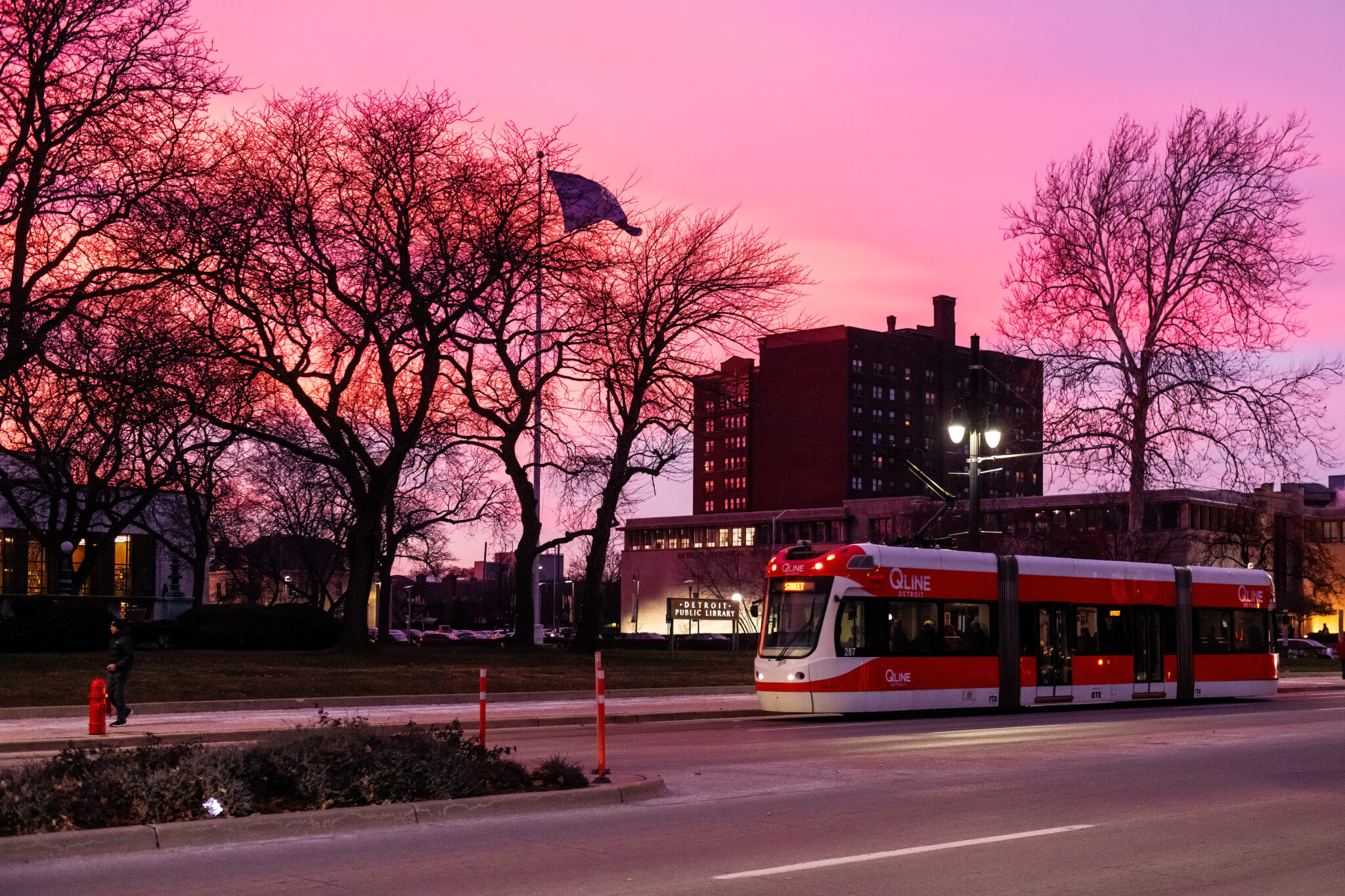Transit isn’t only a means of transportation that connects people and places. It also plays a critical role in equipping our region to deal with the most important issues—like job creation and attraction and housing affordability. If you’re looking for ways to support transit, you can read the RTA’s established policy priorities and principles.
Board of Directors’ Guiding Policy Principles
Our Board of Directors’ guiding policy principles represent the vision of RTA’s policy priorities.
Reshape state funding pathways to increase transit infrastructure. Our region spends the least on transit per capita of major metropolitan area, and significantly less compared to peer regions in neighboring states. Competitive funding through state Local Bus Operating allocation will allow the region to increase frequency and improve transit service.
Investment in road infrastructure is an investment in transit infrastructure. Our aging road infrastructure provides an opportunity to make capital investments in transit. Money set aside for planned road upgrades can be leveraged as matching funds for federal awards.
Help people lead independent lives through accessible transit. Rural and urban transit agencies cannot meet increasing demands for on-demand transit service for seniors, people with disabilities, and veterans. Door-to-door services are more than 50% federally supported, creating funding instability.
Strengthen alignment across intersecting policies: land use, housing, workforce, economic development, and healthcare. Southeast Michigan is one region, one culture, and one economy. And yet transit is often thought of in one silo, separate from other forms of mobility, quality of life infrastructure, and our region’s economy. It is crucial that transit and all of these verticals be considered together.
Legislative Report
Our annual legislative report summarizes the transit landscape’s past year and the agency’s roles and activities. In 2024, the RTA’s role evolved in service delivery and execution with the acquisition of the QLINE streetcar.
View ReportLegislative Priorities
Nearly 90% of people in Southeast Michigan believe transit is a significant benefit. This fact, combined with recent ridership numbers, point to another fact: that regional transit is an essential public service that connects people to jobs, businesses to talent, and communities to opportunity.
The RTA has created policy priorities in an effort to partner with the state to achieve our citizens’ goals for transit.
2025 Legislative Priorities
Research
The RTA serves an essential advisory role in the transit and mobility space. Our experienced team researches transit best practices, compiling data and information from peer regions for inspiration and comparison. This base of research guides RTA projects through development and implementation and informs the agency’s policy positions.
Mobility-Oriented Development Study (2019)
Transit-oriented development (TOD) is a type of urban development that maximizes the amount of residential, business, and leisure space within walking distance of public transport. For Southeast Michigan, there has not been a region-wide understanding of and commitment to this strategic opportunity, despite an emphasis along key corridors.
Mobility-oriented development (MOD) can build upon and expand the impact of TOD planning principles by creating not only vibrant station areas but also “mobility hubs” that can facilitate needed connections in a broader geography via a variety of different transportation modes.
The MOD plan provides a framework for coordinating mobility improvements and development for transit providers, local governments, and transportation agencies.
MOD / TOD Best PracticesDetroit Workforce Mobility Report (2022)
Access to jobs is arguably the most pressing mobility issue throughout the region. In particular, Detroit’s transportation-insecure job seekers are dependent on the availability of mobility options that serve jobs that match their experience to reach the first or next rung on the ladder or opportunity.
The RTA, in partnership with several stakeholders, conducted the Detroit Workforce Mobility Analysis to identify origin-destination gaps to match job-seeking Detroiters with minimal-preparedness jobs. The report provides a platform to inform where and what types of pilots we conduct, where we look to expand service, and where we make capital investments. This report was funded by a SEMCOG planning grant.
View ReportCorridors
Looking for information on RTA’s work along Southeast Michigan’s major corridors. Visit the page below!



